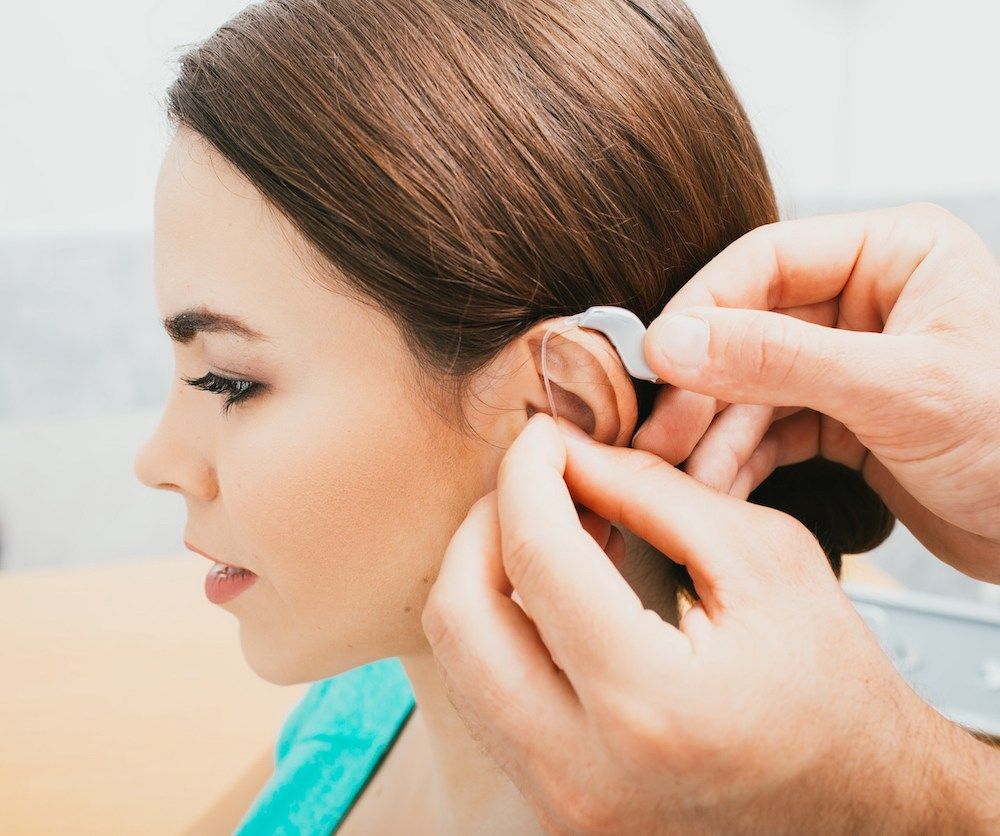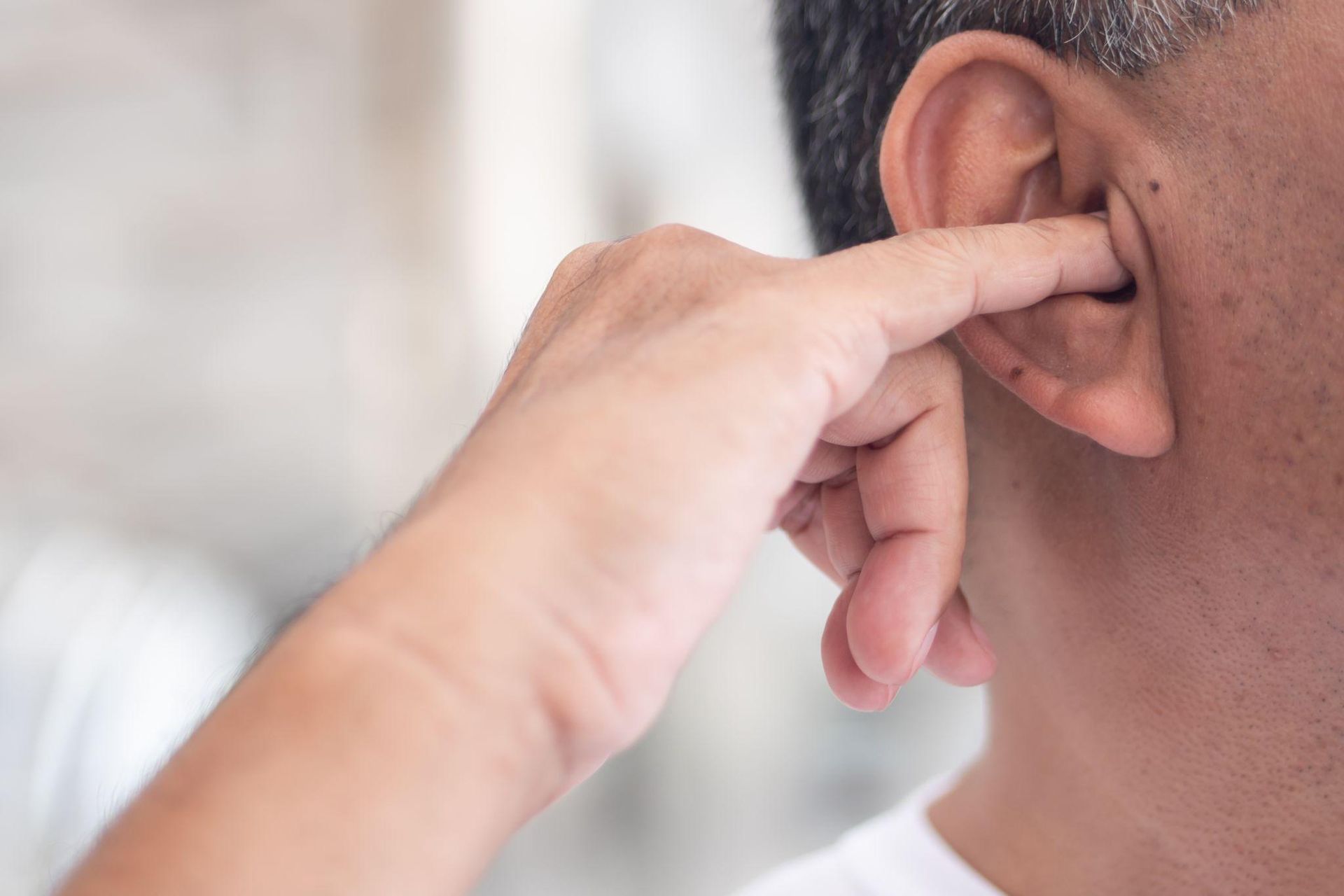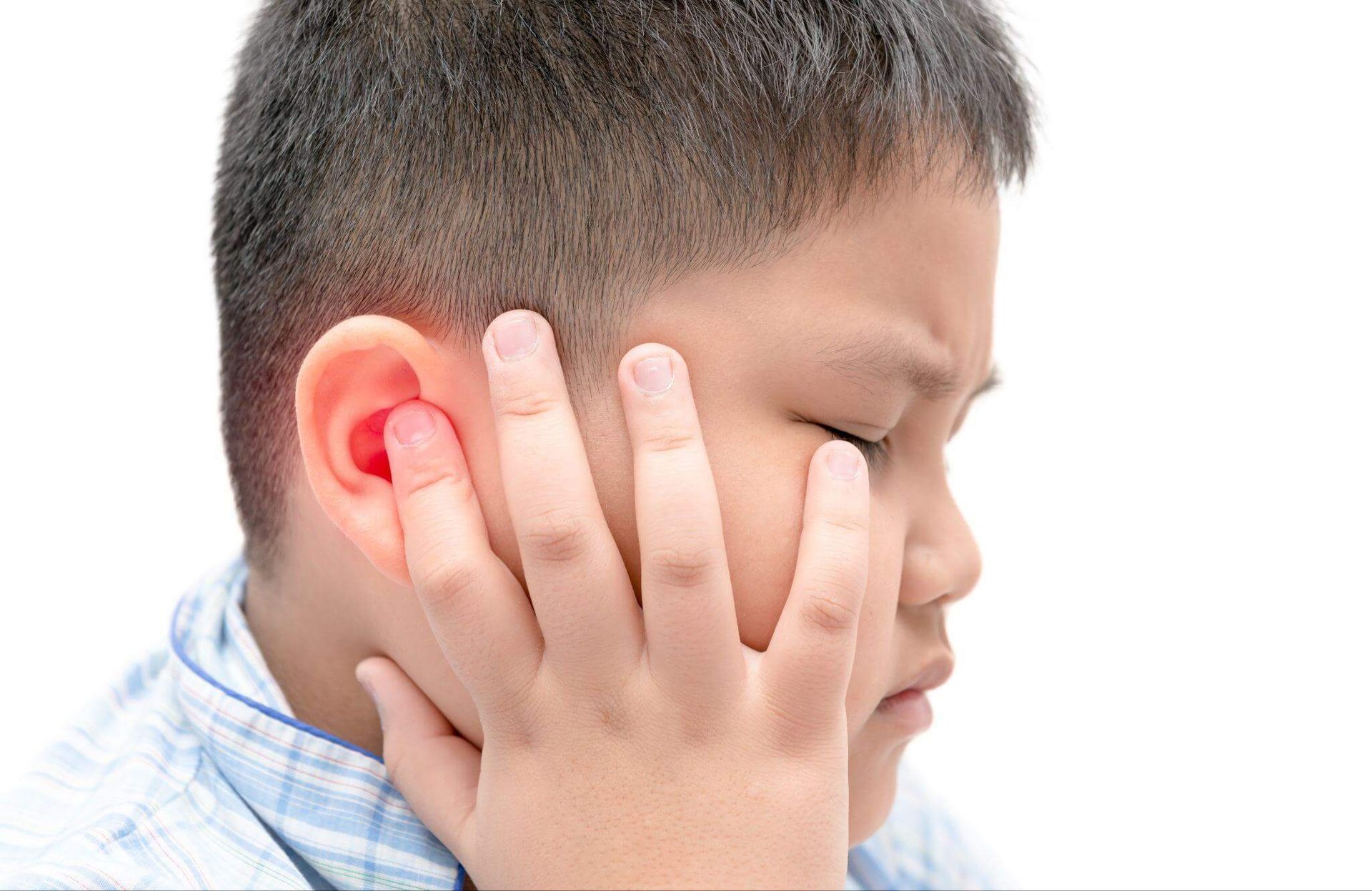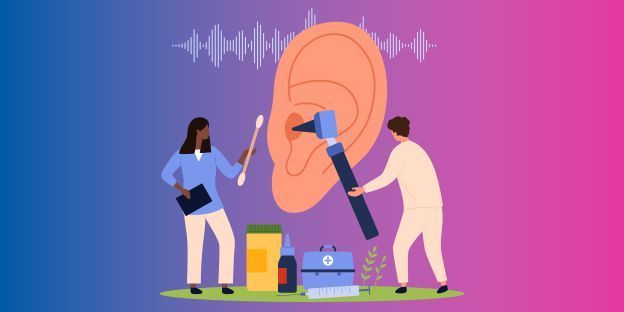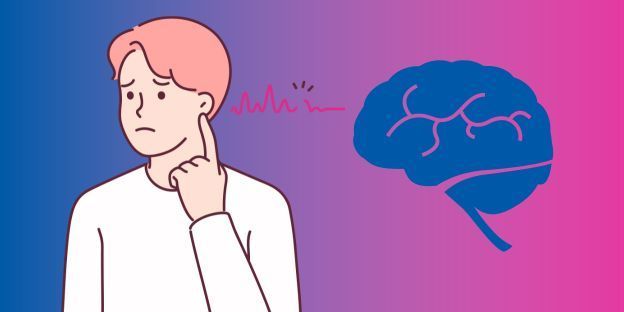6 Common Questions about Tinnitus
Top questions we are asked about tinnitus and the options for treatment

Have you ever wondered "Why do I have ringing in my ears?" If this is a frequent concern, you may have tinnitus.
What is the definition of Tinnitus? This condition can be difficult to describe because it affects people in different ways. Some people hear a constant high-pitched sound, while others describe tinnitus as almost musical. These variations in experience can make tinnitus challenging to discuss.
The tinnitus is defined as the presence of sound without external stimuli. For people that have tinnitus, they hear ringing, buzzing, humming, clicking or other sounds – even in a quiet place. The persistent sounds they hear are most often only heard by them.
Around 43% of Canadians experience tinnitus at some point in their life. The effects can range from a minor nuisance that can be ignored to a debilitating noise that inhibits daily living and impacts mental health.
There are various potential causes of tinnitus, including hearing loss, infections and even some medications. Although there is no cure, there are tinnitus treatments and technology that can improve the quality of life for people that have tinnitus, so it can be valuable to know more about it and the options that are available.
Here are the most common questions that we hear about tinnitus:
- Do I have tinnitus or do I imagine it?
- What is the main cause of tinnitus?
- Is tinnitus temporary or permanent?
- How can I reduce tinnitus?
- Why do hearing aids help with tinnitus?
- If I have tinnitus, what should I do?
If you have a question but don’t see it on this list, send us a message.
Do I have tinnitus or do I imagine it?
Tinnitus describes the sensation of hearing sounds without external stimuli. Most often – if you think you could be imagining tinnitus, you have tinnitus.
The types and pitches of sound are different for everyone. High-pitched ringing is common, but tinnitus can be described as swishing, buzzing, grinding – or many other descriptors.
The majority of tinnitus cases are subjective, meaning only the person with tinnitus can hear the sounds. In rare cases, your hearing care professional may actually be able to hear pulsatile tinnitus (which is when sound pulsates in time with your heart) during a hearing examination.
What is the main cause of tinnitus?
There isn’t any single cause or condition that leads to tinnitus. Rather, there are a variety of factors that can contribute.
Some of the most common causes of tinnitus include:
- Hearing loss: Age or exposure to loud noises can damage the hairs of the inner ear. These damaged hairs can cause misfirings, which the brain interprets as sound.
- Ototoxic medications: Oto refers to “ears”, so ototoxic medications are drugs which can potentially damage ears. There are many ototoxic drugs, but some of the most common are cancer drugs, diuretics, antidepressants, antimalarial drugs, some antibiotics, nonsteroidal anti-inflammatory drugs and long-term aspirin use.
- Infections, tumours and blockages: Benign tumours on the cranial nerve (known as acoustic neuroma) can cause tinnitus. Anything that causes a pressure change in your inner ear can also lead to tinnitus, such as fluid buildup due to infection or earwax blockages. Meniere’s disease, which is characterized by fluid buildup in the ear with no cause, is also associated with tinnitus.
- Head or neck injuries: Head or neck injuries can damage your brain, nerves and ear, which can result in tinnitus.
- Stress and depression: Stress and depression are linked with many conditions, including tinnitus. Research has found that the emotional and auditory areas of the brain are linked, so intense negative emotions can lead to the brain incorrectly rewiring itself. These changes can contribute to tinnitus.
- Other chronic conditions: Many health conditions have been associated with tinnitus, including autoimmune diseases such as lupus and arthritis, thyroid problems, anemia and migraines.
This list isn’t exhaustive – there are more factors that can contribute to tinnitus.
Is tinnitus temporary or permanent?
It is difficult to answer if tinnitus will be temporary or permanent because people experience tinnitus in a different way. If tinnitus is caused by an infection or ear wax buildup, it may only be temporary. In other cases, tinnitus may be permanent.
To add to the complexity, tinnitus may come-and-go or become more noticeable under some conditions.
We always recommend visiting a hearing care professional if you experience tinnitus. At Discover Hearing, we will complete a comprehensive hearing evaluation to get as many clues as we can to understand the nature of your tinnitus.
How can I reduce tinnitus?
There are a variety of treatments that can reduce the symptoms of tinnitus depending on the cause, ranging from ear wax removal to cognitive behavioural therapy. Hearing aids and other technology are other tools can also help with the managment of tinnitus.
- Sound therapy: Sound therapy helps you redirect your focus to sounds other than the tinnitus. This might involve wearing an amplifying hearing device, generating low-level sounds in the ear or using white noise machines. These tools can help the brain refocus and diminish the emotional impact of tinnitus.
- Earwax removal: Removing earwax or other blockages in the ear canal can reduce tinnitus.
- Medication adjustments: Your doctor may adjust the dose or the type of medication you take if they suggest it’s causing tinnitus.
- Hearing aids: The symptoms of tinnitus caused by hearing loss can often be improved with hearing aids.
The recommended tinnitus management treatments will depend on the causes of your tinnitus and its impacts. Your hearing care professional will suggest strategies that match your tinnitus and lifestyle.
Why do hearing aids help with tinnitus?
Hearing aids allow tinnitus sufferers to hear a wider range of external sounds, which shifts their focus away from tinnitus. Some hearing aids also come with the ability to produce white noise that masks tinnitus while optimizing output around speech and other sounds that the user prefers to hear.
Although hearing aids are an important tinnitus treatment, it is important to note that they are most effective for tinnitus that has sounds at specific pitches. We will outline the pros and cons of hearing aids during your tinnitus consultation.
If I have tinnitus, what should I do?
The effects of tinnitus range from a nuisance to potentially debilitating. It can impact work, relationships and mental health. The best thing you can do is get a comprehensive hearing evaluation and start uncovering clues to the nature of your tinnitus.
If you experience tinnitus, book an appointment at Discover Hearing so we can find a treatment plan that works for you.

